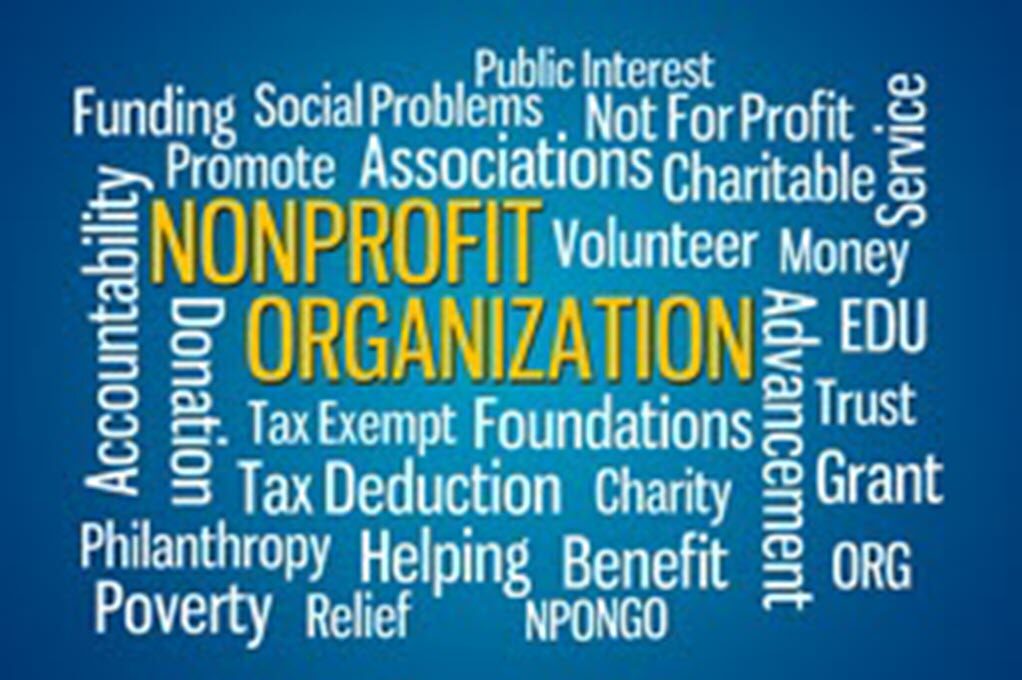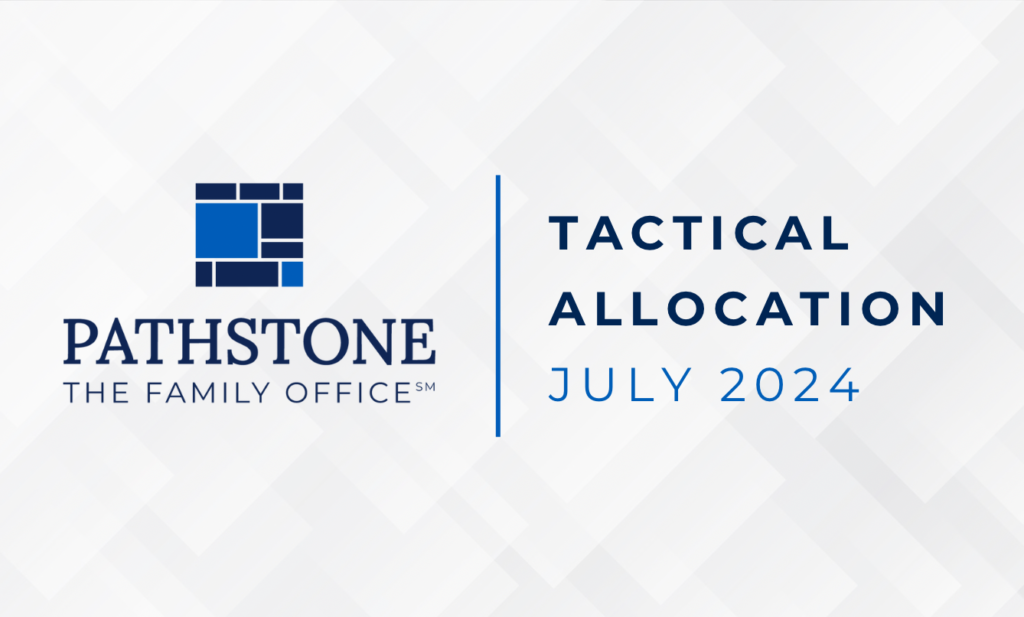- Tax Management: Wait, didn’t you just say that foundations are tax-exempt? Well, sort of. Private foundations are still subject to a 1.39% tax on all net investment income, which is the amount by which the sum of gross investments income and capital gain income exceeds allowable deductions. This rate may seem low, but the more that can be directed to charitable purposes the better!
- Keep Unrelated Business Taxable Income in Mind: Commonly referred to as UBTI, this is revenue not considered to be related to a tax-exempt organization’s particular charitable purpose. UBTI may include income related to operating a business, or investments that were purchased using borrowed funds and can be taxed at a rate as high as 37%. Given this high rate, tax-exempt organizations typically seek to avoid significant amounts of UBTI that also require additional tax reporting (see below).
- Avoid the Following:
- Investments Not Related to Exempt Purposes – The IRS penalizes foundations for any investment that puts the foundation at risk of not carrying out the foundation’s charitable purpose. It is useful to have a tax professional track the investments for compliance purposes as there can be substantial taxes imposed for these types of investments.
- Self-Dealing –The IRS prohibits any transactions that are self-dealing or benefitting anyone that is considered to be a disqualified person. Disqualified persons include board members, substantial contributors, foundation managers, some family members, and related corporations. Phrased another way, Directors and other disqualified persons must always put the interests of the foundation ahead of their own. Not only can self-dealing result in financial penalties, but also can tarnish the reputation, and thus, effectiveness of a non-profit.
- Excess Business Holdings – The IRS prohibits a foundation to own a controlling interest in a for-profit corporation, partnership, or such other legal entity. A private foundation is generally permitted to hold only a certain percentage of the voting stock of a corporation.
- Remember to Stay Current on Tax Returns and other Filings – A private family foundation is required to file certain forms on an annual basis:
- Form 990-PF, Return of Private Foundation tax return – Due May 15th (extended due date is November 15th)
- Form 990-T, Foundations with Unrelated Business Taxable Income (UBTI), must be filed with Form 990-PF
- Form 990-W – quarterly estimated tax payments
- State filings and tax returns
- Annual report with the SEC (for foundations with holdings over $100 million)
Given the complexities and potential liabilities involved in tax compliance, we recommend that foundations and non-profit organizations consult with a tax and/or legal advisor on any the types of issues discussed above.




















